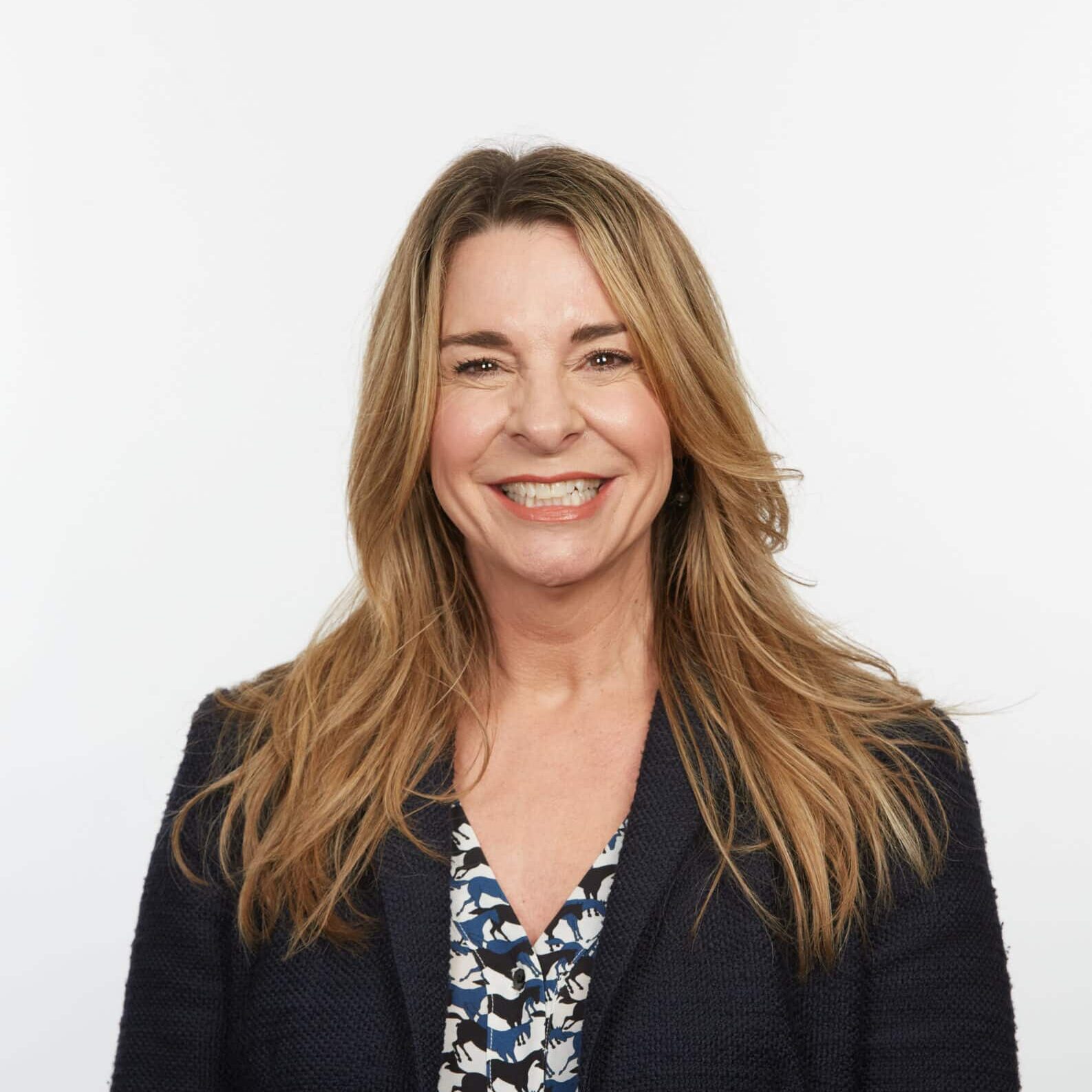Self-medication is the practice of an individual using available medications or substances to treat self-diagnosed symptoms or conditions. In general, the practice of self-medication applies to any ailment or condition that a person may treat without the help of a healthcare professional. This includes minor injuries or illnesses such as the common cold.
Unfortunately, many people who are living from more serious health conditions, particularlymental health conditions, turn to self-medication as an alternative to seeking appropriate care. Potential risks of self-medicating serious health conditions include incorrect self-diagnosis, increased risk of drug or supplement interactions, incorrect choice of therapy and risk ofdependence and abuse.
Understanding the reasons why someone might self-medicate and the risks associated with self-medication can help ensure that you or your loved ones are receiving the appropriate medical care and preventing potentially dangerous outcomes.
What Is Self-Medication?
The traditionaldefinition of self-medicationis “the taking of drugs, herbs or home remedies on one’s own initiative, or on the advice of another person, without consulting a doctor.” Self-medication is a regular practice as it is aform of self-care of our health. Self-medication of minor injuries and minor illnesses helps reduce the overall burden on the healthcare system and is a common practice in the United States.
Treatment Can Be Life Changing. Reach out today.
Whether you are struggling with addiction, mental health or both, our expert team is here to guide you every step of the way. Don’t wait— reach out today to take the first step toward taking control of your life.
Dangers and risks arise with self-medication when people turn to self-medication when trying to treat more serious health conditions, such asmental health conditions, that require appropriate intervention from a medical professional. Rather than consulting a doctor to receive a proper diagnosis and medical treatment, many people use supplements and other substances, sometimes drugs and alcohol, to try to cope with the symptoms they are experiencing. This practice can result in improper treatment of symptoms and conditions as well as potentially cause new conditions, such assubstance use disordersor addiction.
The Self-Medication Hypothesis
The self-medication hypothesis was first presented in the 1980s as a reason behind how and why individuals are drawn to and become dependent onheroinandcocaine. The main concept behind the theory is that individuals discover the specific actions oreffects of certain substancesand then use specific substances to relieve or change the symptoms or emotions they are experiencing. For example, someone living with anxiety would specificallyuse alcoholfor its calming and sedating effects. The self-medication hypothesis seems intuitive but it has received mixed reviews from the medical community and it has been both accepted and dismissed.
Regardless of the theories behind why someone with a mental health condition could be drawn to substances, the linkage between mental health conditions and substance use disorders is undeniable and has been of concern for many years. “Co-occurring disorder” is the term used when a person is diagnosed with both a mental health condition and substance use disorder. According to the2017 National Survey on Drug Use and Health, of the 18.7 million adults aged 18 and older with substance use disorder, 8.5 million had co-occurring substance use disorder and acute mental illness, and 3.1 million had co-occurring substance use disorder and serious mental illness.
Why Self-Medicate?
Self-medication of mental health conditions with substances is generally accepted as having very limited benefit in treating the condition andmay potentially worsen the symptoms. However, to the person who is self-medicating, the typical rationale may not apply. There is a vast array of reasons why someone may decide to self-medicate with substances in order to cope with their symptoms of mental health conditions. Although the exact reason is very specific to an individual’s situation, there are some commonly understood reasons including.
- The cost of medical treatment, including doctor visits and medications
- Fear of seeking treatment due to perceivednegative stigmas
- Hiding or denying a condition
- Inefficient medications used for treatments in the past
- Fear of side effects from medications
The reasoning behind why someone may choose to self-medicate may not make sense to others. However, it is important not to dismiss their thinking. When helping someone who is self-medicating as a way to cope with mental illness,compassionate interventionis key to guiding them toward appropriatemental health treatment.
Self-Medication and Co-Occurring Disorders
Often when people are self-medicating with substances for undiagnosed mental health conditions, it is difficult and sometimes impossible todetermine which occurred first, the mental health condition or substance use disorder. The practice of self-medicating mental illness is very dangerous as substance use disorder can worsen symptoms of mental illness. Improper treatment of mental health conditions is very risky for the individual and can affect the way they act in their relationships with other people. Improper treatment increases the risk forself-harmor harm to others depending on the mental health condition present.
Some disorders with increased risk for self-medication include:
- Depression:Depressionis a mood disorder associated with feelings of sadness, anger or loss that impact daily life and are difficult to manage. The practice ofself-medicating depressioncould worsen symptoms because a key component of appropriatetreatment for depressionis proper counseling from a trained professional. Without proper treatment, symptoms of depression could turn into dangerous feelings of self-harm or harm to others.
- Bipolar:Bipolar disorderis a severe psychiatric and psychological disorder that involves specific variations of an individual’s mood, behavior and emotions. Bipolar disorder should be managed by a trained healthcare professional acting in the best interests of the patient. Self-medicating bipolar disorder is unfortunately fairly common as individuals with bipolar disorder are commonly diagnosedco-occurring substance use disorders, especiallyalcohol misuse.
- Anxiety and Stress:Anxietyandstressare very common; however, it can be difficult for people to realize that the anxiety and stress levels they are experiencing may require professional treatment. Underlying stress can lead to high blood pressure and an increased risk of stroke. Astudy conducted in 2006found that self-medication of anxiety increases the risk for mood and substance use disorders as well as suicidal behavior. Self-medicating to deal with stress and anxiety is very common and it can be hard for an individual to realize when they should seek professional help and support.
- ADHD:Attention-Deficit/Hyperactivity Disorder (ADHD)is a mental health condition that involves difficulty with attention and impulse control. Because ADHD is primarily recognized in the adolescent and teenage years, the risks associated with ADHD self-medication at those young ages are high. The American Journal of Addictions published astudythat found that more than one-third of adolescents and young adults found no issues with using cigarettes and other substances for self-medication of ADHD.
- Trauma (PTSD):Self-medication is a common behavior associated withpost-traumatic stress disorder(PTSD) and can have many potentially hazardous and tragic outcomes. Astudyestimated that approximately 20% of individuals with PTSD use substances in an attempt to relieve their symptoms.PTSD treatmentrequires professional help and support in order to help the individual properly cope with symptoms associated with their trauma.
Forms of Self-Medication
Self-medication is the selection of certain practices, supplements, medicines or substances in order to treat self-recognized symptoms. There are many ways to self-medicate and some are more beneficial and less harmful than others. Unfortunately, many individuals turn to harmful substances as their preferred method of self-medication.
Examples of some harmful options or indulgences used to self-medicate include:
- Alcohol:Self-medicating with alcohol is a common practice because of the availability and general acceptance of the use of alcohol. Alcohol can temporarily relieve symptoms of depression and anxiety; however, when used regularly, it can lead to dependence, alcoholism andworsen depression and anxiety.
- Opiates: Opiates or opioids are medications that mimic the effects of opium, a substance derived from the poppy plant. Commonly used opiates include codeine, morphine, heroin, oxycodone and hydrocodone. While the use of opiates can provide a temporary euphoric sensation, known as the “high,” abuse of these substances is very dangerous and can lead to serious injury or death from overdose. Thelatest World Drug Reportfrom the United Nations reports that the use of opioids, which includes both heroin and legal pain relievers, were responsible for two-thirds of all drug-related deaths worldwide in 2017.
- Marijuana:Marijuana, also known as cannabis, has been recognized by the United Nations at themost widely used substanceamong people with depression. Research is currently mixed regarding the potential benefits of marijuana for the treatment of different conditions; however, self-medicating with marijuana in excessive amountscan possibly worsen symptoms of depression.
- Stimulants:Prescription stimulants or amphetamines are prescribed for the management of some conditions, including ADHD. These medications are prescribed and closely monitored by physicians. The recreational use of amphetamines has a highpotential for addiction, can cause major damage to various organ systems, especially the cardiovascular system, and can be fatal when misused. Using these substances may provide temporary relief from symptoms of depression or ADHD; however, the perceived benefit wears off quickly, leaving a high potential for various risks.
- Food:The terms “emotional eating,” “binge eating” or “comfort eating” are commonly used to describe the practice of self-medicating with food. According to astudy published in 2015, self-medicating with food may temporarily reduce stress in people who are not clinically depressed; however, regularly using food to cope with feelings of sadness can cause decreased self-esteem, worsen feelings of the loss of self-control and can have a negative impact on physical health throughunhealthy weight gain.
The Risks of Self-Medication
Although self-medication is a form of self-care commonly used to manage symptoms of minor illnesses or injuries, the practice of self-treatment for serious health conditions, such as mental health conditions, has many risks.
The risks of self-medicationinclude:
- Incorrect self-diagnosis
- Delays in seeking appropriate medical advice and proper treatment
- Potential adverse reactions
- Worsening of the condition the individual is trying to self-treat
- Dangerous drug interaction
- Masking of severe diseases
- Risk of dependence and abuse
For those affected by mental health conditions, it may be difficult to recognize the consequences of self-medication. It is very important for loved ones and healthcare professionals to be aware of the signs of mental illness and self-medication in order to provide appropriate guidance towardproper treatment.
Getting Help for Self-Medication
The first step to getting help for self-medication can be difficult as it involves recognizing that there is a problem that requires the help of medical professionals. It may be helpful to reach out to family or friends in order to get support and guidance toward appropriate medical treatment and counseling. A trained healthcare provider can diagnose existing mental health conditions and help you manage the effects of self-medicating with addictive substances.
If you or a loved one is suffering from a co-occurring mental health condition and substance use disorder,The Recovery Villagecan help.Speak with a representative todayabout the benefits of comprehensive and individualizeddual diagnosis treatment programs.









